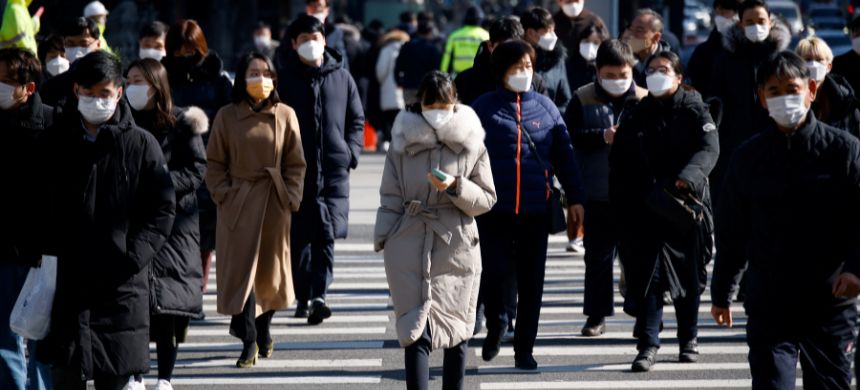A politician in South Korea is facing backlash for controversial remarks linking a rise in male suicides to what he described as the increasing dominance of women in society. Seoul City councillor Kim Ki-duck, from the Democratic Party, claimed that women’s growing presence in the workforce has made it harder for men to secure jobs and find marriage partners, potentially contributing to higher rates of male suicide attempts.
Critics have condemned Kim’s comments as unsubstantiated and misogynistic, highlighting South Korea’s complex issues with gender equality and mental health. Suicide prevention experts emphasized the dangers of attributing such serious social issues to gender conflicts without adequate scientific evidence. They pointed out that globally, more men than women die by suicide, and the causes behind the uptick in male suicide attempts in Seoul require thorough study, not simplistic attributions.
South Korea grapples with significant disparities in employment between men and women, with women often relegated to temporary or part-time positions and facing a substantial wage gap. Despite progress in narrowing this gap, women still earn considerably less than their male counterparts on average.
Also Read: Growing Indian Soldier Suicides In IOK Raise Significant Concerns
Kim’s remarks have sparked further controversy amid a broader anti-feminist movement in South Korea, fueled by young men who feel marginalized by efforts to improve gender equality. Critics argue that Kim’s focus on a supposed “female-domination phenomenon” deflects attention from systemic issues of discrimination and inequality that affect both genders.
Social media users and political opponents have denounced Kim’s statements, calling for a retraction and a more nuanced analysis of societal challenges. The Justice Party criticized Kim for scapegoating women and called on him to retract his comments and focus on addressing the root causes of social issues rather than perpetuating gender conflict.
In response to criticism, Kim clarified that his remarks were his personal views on societal dynamics and were not intended as a critique of women-dominated society. However, his comments are seen as part of a broader pattern where South Korean policymakers propose controversial and sometimes unscientific solutions to complex social issues, from mental health to the country’s low birth rate.
Critics argue that such attitudes perpetuate misogyny and hinder efforts to achieve genuine gender equality in South Korea. They stress the importance of policymakers understanding and addressing the real challenges faced by women, rather than scapegoating them for societal imbalances.
Currently, women constitute a minority in South Korea’s political leadership, both in parliament and local councils, reflecting ongoing challenges in achieving gender parity in decision-making roles.











